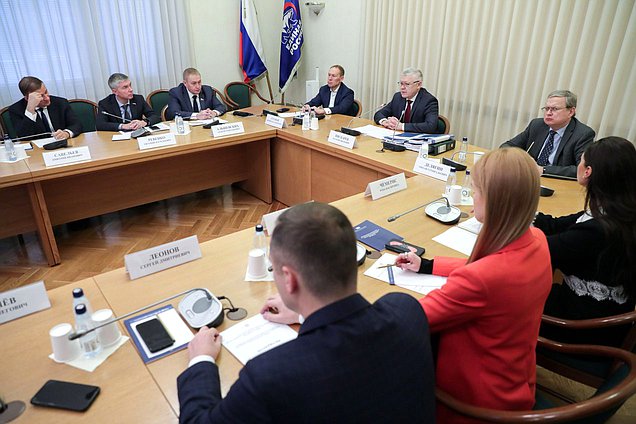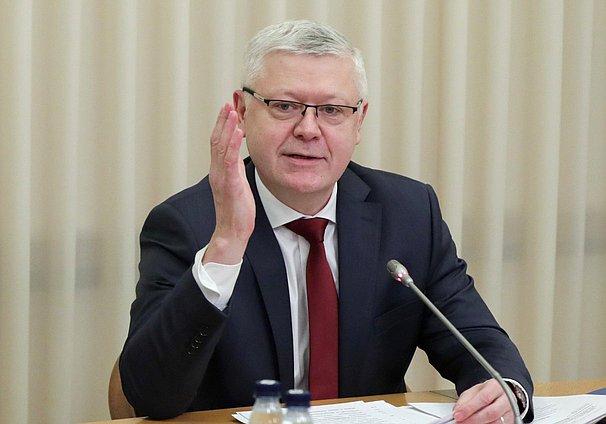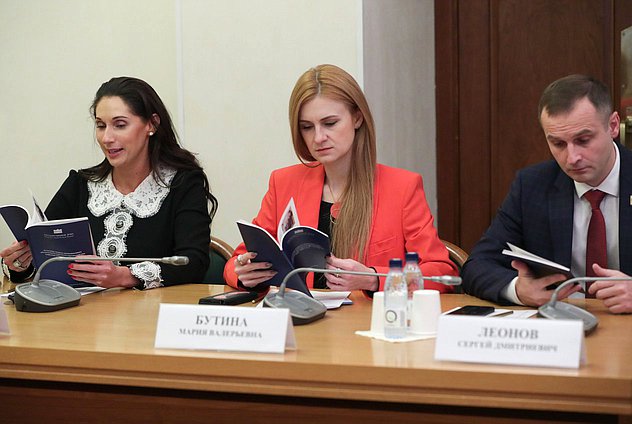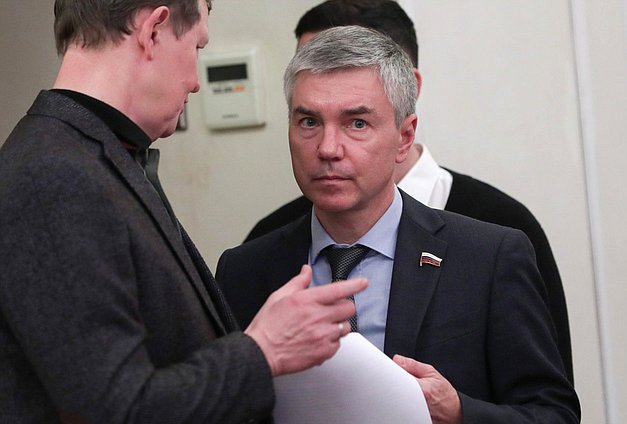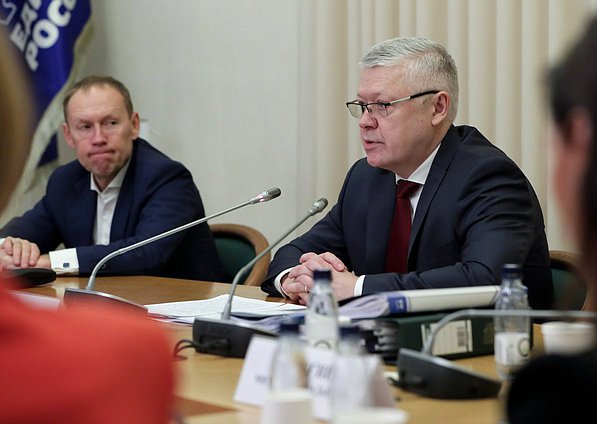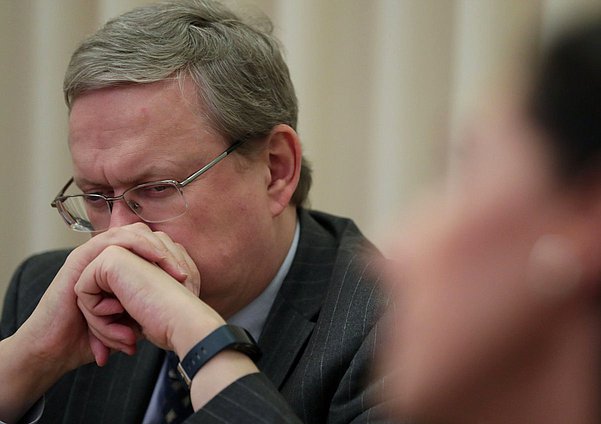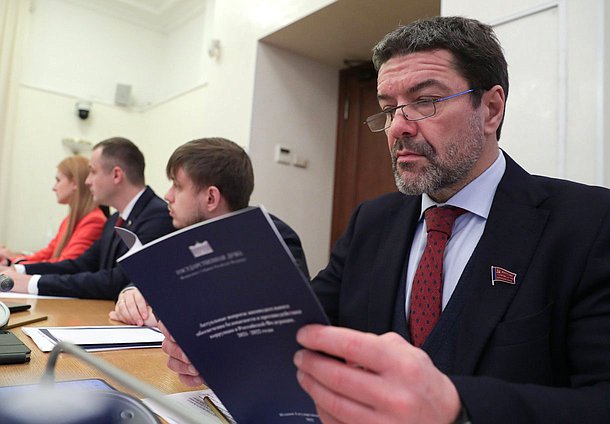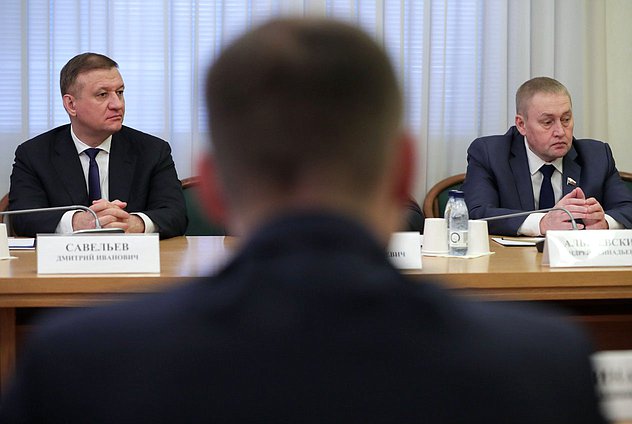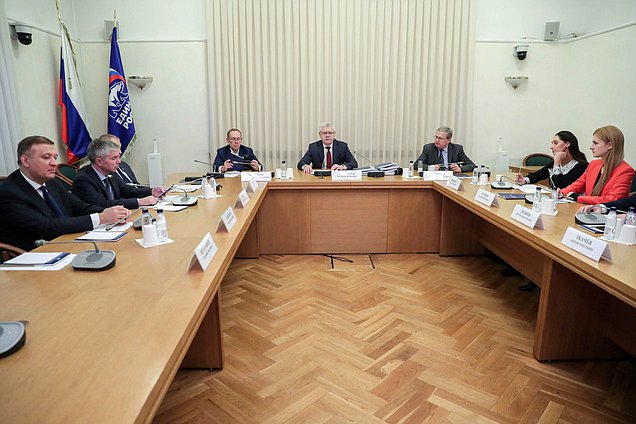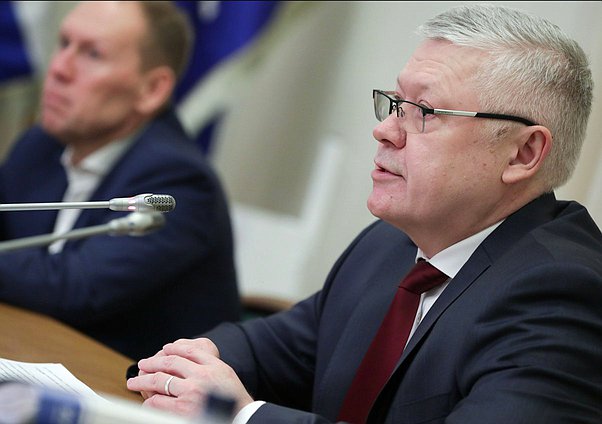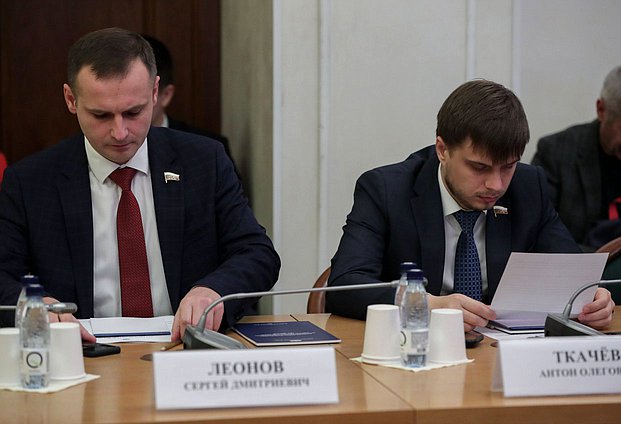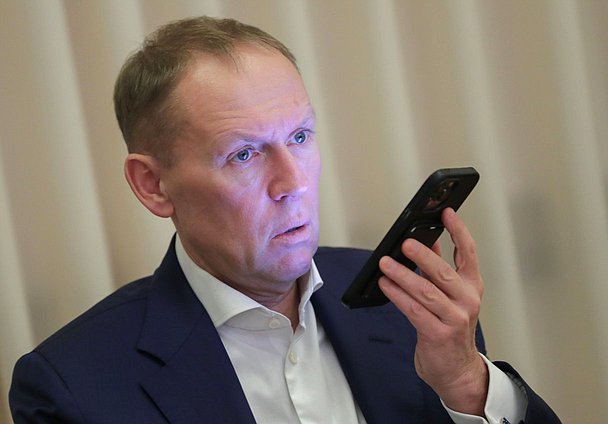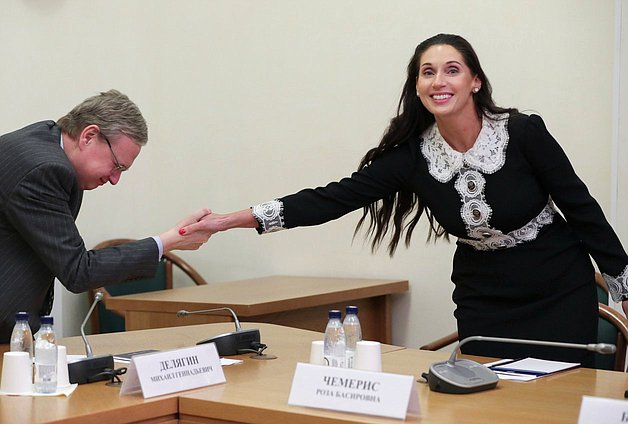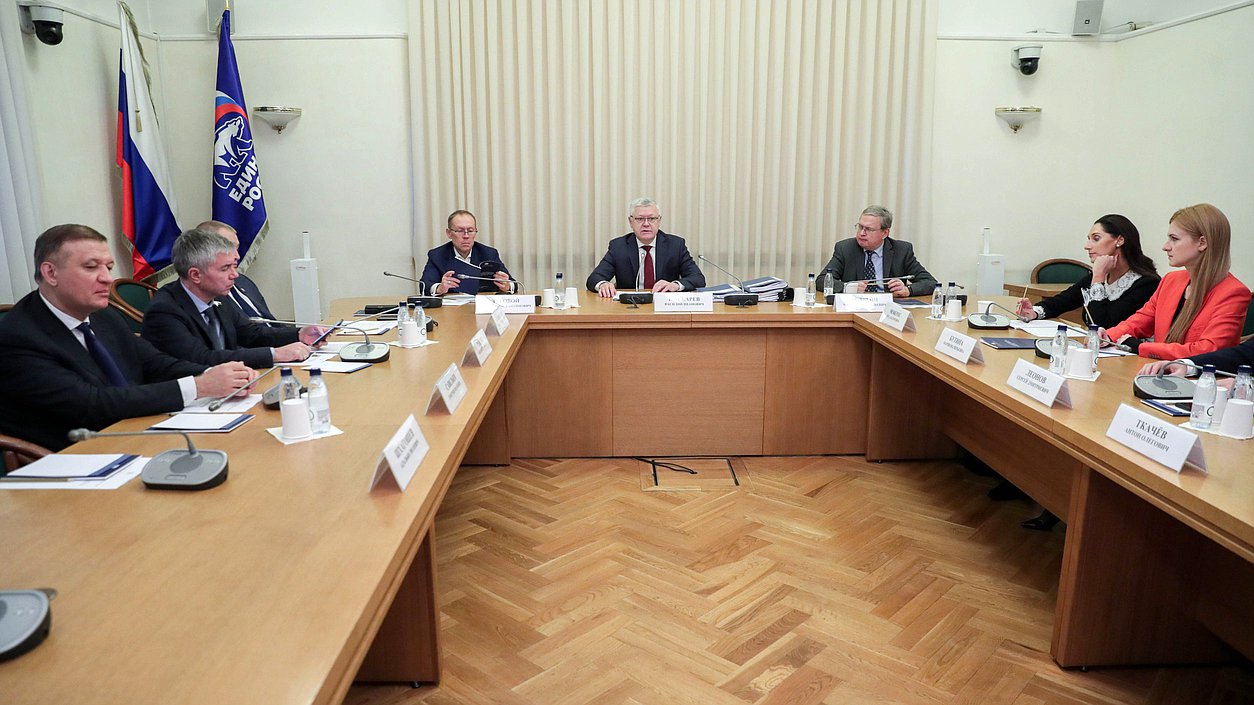
On November 23, the Commission on Investigation into Foreign Interference in Russia's Internal Affairs held a meeting at the State Duma.
The Chairman of the Commission Vasily Piskarev

Vasily Ivanovich
said at the meeting that the Commission had
completed its investigation into 30 non-governmental organizations, civil
structures and public associations from 16 unfriendly countries.
It was proposed to recognize their activities undesirable and some of them as extremists. “All these structures are controlled by the authorities from NATO member states and are aimed at undermining our country from within,” stressed the parliamentarian.
Vasily Piskarev mentioned such NGOs like Svoboda Alliance (Australia), Russian America for Democracy in Russia (USA), the Ark Project, which has representatives in more than 40 countries, Danish Friends of a Democratic Russia (Denmark), the Eurasian Harm Reduction Association (Lithuania), the association RUHelp — Russians Against the War (Luxembourg), the Free Russia NL (Netherlands), the Human Rights House Foundation (Norway), Demokrati-JA movement (Germany), and the Free Russia Forum (Latvia).
The parliamentarian added that the Commission had sent an appeal to the Prosecutor General's Office to recognize DOXA as an extremist organization and ban its activities in Russia. According to Vasily Piskarev, the magazine was spreading the pro-Ukrainian propaganda and hold illegal protest activities.
“We revealed that the magazine had published instructions how to commit arsons of Russian military enlistment offices, police departments and military equipment, to make Molotov cocktails, to hold mass public events violating the law, to resist the law enforcement agencies and to attack universities. Their efforts aimed at involving our young people in illegal activities must be stopped and given an appropriate legal assessment. We are waiting for a response from the Prosecutor's Office,” said Vasily Piskarev.
In addition, the Commission had collected materials on 150 citizens, calling for imposition of sanctions against Russia.
Vasily Piskarev said that those materials would be sent to law enforcement agencies to give an assessment of the actions of these citizens whether they committed administrative offense under Article 20.3.4 of Code of Administrative Offences of the Russian Federation, or a criminal offense under Article 284.2 of the Criminal Code of the Russian Federation.
